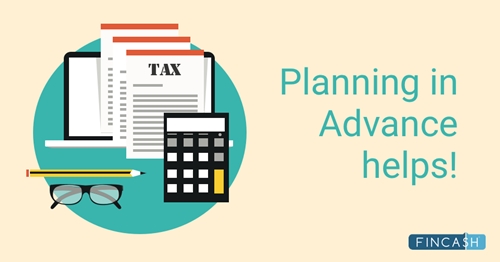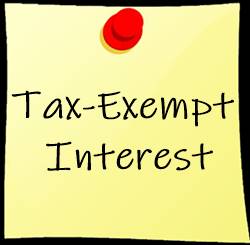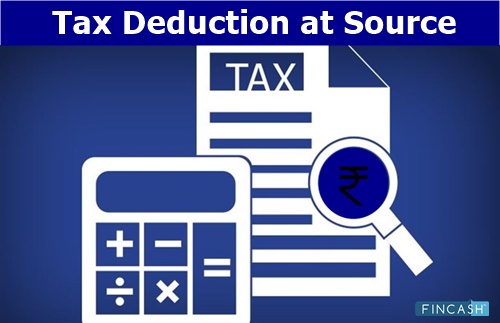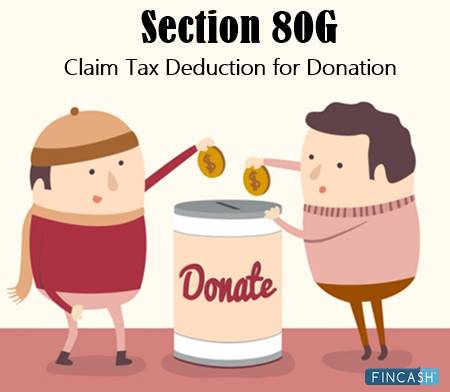House Rent Allowance (HRA)- Exemption Rules and Tax Deductions
For a majority of employees, House Rent Allowance (HRA) comes as a part of the salary structure. However, unlike the salary, HRA is not entirely taxable. Being subject to specific rules and conditions, an HRA part is exempted under section 10 (13A) of the ITA. The HRA exemption amount is Deductible from the Income before Taxable Income can arrive. As an employee this allows you to save Taxes considerably. However, keep in mind that HRA received from the employer could be completely taxable if you are living in your own house or don’t have any rent to pay.
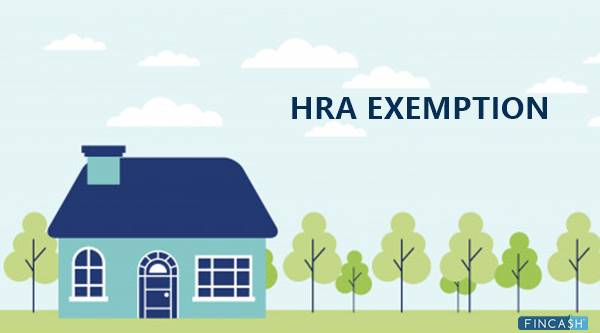
Who is Eligible to Avail HRA?
This benefit of tax can only be availed by those salaried individuals who have HRA factors in their salary structure and are staying in a rented space. Further, HRA calculation may vary as per the salary and tax slab. Also, keep in mind that this advantage is not available for self-employed professionals.
HRA Exemption
The HRA tax exemption could be a minimum of:
- The actual amount received as HRA
- 50% of the entire salary for those living in a metro city
- 40% of the entire salary for those living in a non-metro city
Documents Required
The HRA allowance can only be availed upon submitting a rent agreement or rent receipts. Further, if your rent is more than Rs. 1,00,000 annually, it will be mandatory to submit the PAN Card of the Landlord to your employer. Other than that, what will be needed is:
- Landlord’s name
- Tenant’s name
- Address of the rented house
- Stay duration
- Revenue stamp with the landlord’s signature
Talk to our investment specialist
HRA deductions- Are there any Exceptional Cases?
As far as HRA deductions are concerned, there could be some exceptional cases as well. Some of them have been mentioned below:
Paying rent to the family members:
If you are claiming the tax exemption as per the HRA in salary, make sure that the rented space is not owned by you. So, even if you are staying with your parents and pay them rent, you can claim the same as HRA for tax deductions.
However, this will not include paying rent to the spouse. If you are paying rent to your parents, keep in mind that you would have to show the documentary evidence regarding the financial transactions taking place between you and your parents in regards with the tenancy.
Thus, make sure that you keep a record of rent receipts and banking transactions as the claim could get rejected by the tax department if the transaction authenticity is not valid.
Staying in a different city despite owning a house:
You can avail the HRA Deduction in income tax that is available for the Home Loan against principal repayment and interest paid, in case you work in another city and your owned house is rented.
What if you don't get HRA but pay rent?
There could be some employees who may not have the HRA component in their salary. So, for them, section 80 (GG) of the Income Tax Act comes up as a rescue. If you are paying rent for an unfurnished or furnished space, you can claim the deduction for the rent under the section 80 (GG) of the Income Tax Act, given that you have not been paid HRA as a part of your salary by furnishing form 10B.
Under this section the HRA exemption limit is as follows:
- 25% of the total income
- Rs. 5000 every month
- Excess rent paid 10% of the entire income
Additional HRA Exemption Rules Under Section 80 (GG)
- The exemptions on house rent are only for individuals and HUFs
- Self-employed and salaried people can claim rent deductions if they don’t receive tax exemptions under section 10-13 A
- If the employee is a member of a HUF, the spouse or minor will not get the accommodation benefit
- The ones claiming tax exemption under section 80 (GG) are not allowed to claim any other tax benefits related to owned property
Final Words
If your pay structure includes HRA, it is surely a relief in case you are living in a rented space. However, if you belong to the other category, you can still look for ways to avail the tax exemption. Find out more about your exemption eligibility and reap benefits.
All efforts have been made to ensure the information provided here is accurate. However, no guarantees are made regarding correctness of data. Please verify with scheme information document before making any investment.
